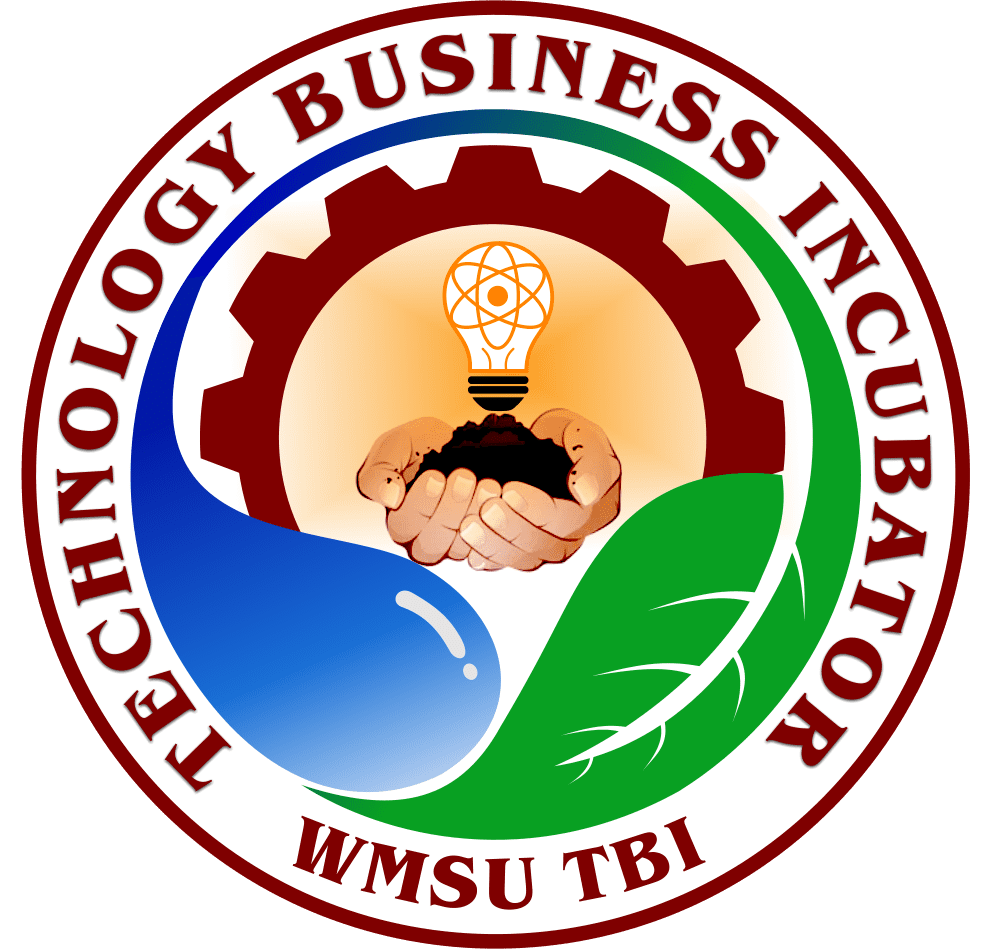
WMSU Leads Strategic Study Tour for RAISE WesMin Program: Boosting Innovation and Commercialization in Western Mindanao Agriculture
Western Mindanao State University (WMSU) spearheaded strategic study tour for projects involved in the Regional Agri-Aqua Innovation System Enhancement in Western Mindanao (RAISE WesMin) Program. This week-long immersion aimed to enhance understanding of institutional IP asset management, technology transfer, and commercialization, ultimately contributing to program improvement and policy development.
Representatives from WMSU, including Dr. Reynante E. Autida, Engr. Swidin S. Husin, Engr. Arvic S. Francisco, Atty. Maria Luisa Pilar C. Elago, and Mr. Rey Ralph Virtucio embarked on this learning journey along with Asst. Prof. Rickler R. Detalla (JHCSC), Asso. Prof. Yhebron J. Lagud (JRMSU), Engr. Evangeline P. Garcia (PRRI), and Dr. Maila V. Pan (ZSCMST) – IPTBM Project Leaders from the consortium member institutions (CMIs) of the RAISE WesMin Program. Additionally, Dr. Rufa L. Mendez, Vice President for Research Innovation and Extension of ZSCMST, and other faculty and personnel from the CMIs also participated and joined the study tour.
The tour included visits to three universities renowned for their success in these areas: Mindanao State University-Iligan Institute of Technology (MSU-IIT) in Iligan City, University of Southeastern Philippines (USeP) in Davao City, and University of Southern Mindanao (USM) in Kabacan North Cotabato.
- MSU-IIT: Fostering Collaboration and Cultivating IP Awareness*
At MSU-IIT, participants gained valuable insights from the Knowledge and Technology Transfer Office (KTTO) Director Dr. Vannie Joy Resabal, Innovation and Technology Support Office (ITSO) Head Mr. Reynaldo M. Vequizo, and Technology Transfer and Enterprise Unit (TTEU) Head Mr. Stephen C. Fajardo, on the importance of collaboration between industry, government, and academe in driving technology transfer. The critical role of involving various stakeholders, including administration, researchers, and IP officers, in effective intellectual property (IP) protection was emphasized. The team also rediscovered the necessity of continuous education and policy refinement to ensure improved and sustainable IP management. Integrating IP processes and management subjects into the curriculum of various degree and graduate programs emerged as a key strategy to raise awareness among students.
During their visit to iDEYA, the MSU IIT Technology Business Incubator (TBI) initially funded by DOST-PCIEERD, the team was inspired by TBI Manager Mr. Costantino Brasileño Jr.’s account of the incubator’s achievements and the passion of its assisted startups for creating positive community impact. Mr. Brasileño’s insights into the incubator’s selection process, emphasizing the importance of flexibility, resilience, and willingness to adapt business models, proved valuable for the study tour participants. The team was also impressed by the cozy co-working space, which fosters the development of client startups through immediate access to expert support services offered by the TBI.
- USeP: Optimizing Program Operations and Prioritizing Commercialization*
USeP’s approach to program operations provided valuable lessons. Participants learned from the USeP’s Resource Person; RAISE XI Program Leader Dr. Evelyn A. Gecale and Regional ATBI Project Leader Dr. Karl P. Campos. The resource speakers underscored the vital role of continuous framework improvement and IP policy crafting in fostering researcher engagement. This emphasis stems from the belief that strong networks of researchers are key to achieving program objectives. To further enhance this engagement, their team advocates for a shift in focus. Instead of solely prioritizing the number of patents and IP claims filed, they propose prioritizing skills development and refinement workshops, and pre-assessment of IP impact, among others. This shift aims to equip researchers with the necessary tools to transform their inventions into commercially viable outputs, ultimately maximizing the program’s impact. Whether through groundbreaking discoveries, unwavering perseverance, or innovative solutions, RAISE XI’s achievements reflect their deep-seated passion, unwavering dedication, and genuine appreciation for the support they received and challenges they conquered.
- USM: Championing Technology Transfer and Adherence to Regulations*
USM’s experience shed light on the true nature of technology commercialization, SOXAARDEC Director and RAISE Program Leader Dr. Josephine R. Migalbin together with Regional ATBI Project Leader Ms. Pia Amabelle Flores emphasizes the significance of licensing, royalties, and upfront payments beyond mere product displays. The crucial role of agency heads as champions of technology commercialization was highlighted, along with the need for strict adherence to regulations like RA 10055, especially for government-funded research. Reviewing and revising relevant policies, protocols, and systems emerged as essential steps for ensuring smooth technology transfer. The importance of post-sale monitoring of technology use and modifications was also emphasized, underscoring the commitment to responsible innovation.
The intensive study tour served as a transformative experience for participating CMIs, equipping them with invaluable knowledge and best practices in intellectual property (IP) asset management, transfer, and commercialization. These newly acquired skills will be instrumental in significantly strengthening the existing framework and activities of the CMIs and the RAISE WesMin Program.
Moreover, the participating CMIs remain firmly committed to fostering collaboration, knowledge sharing, and capacity building within the region. This unwavering dedication to collective progress will undoubtedly prove to be a key driver in propelling the Western Mindanao agricultural sector towards a more sustainable and prosperous future.























